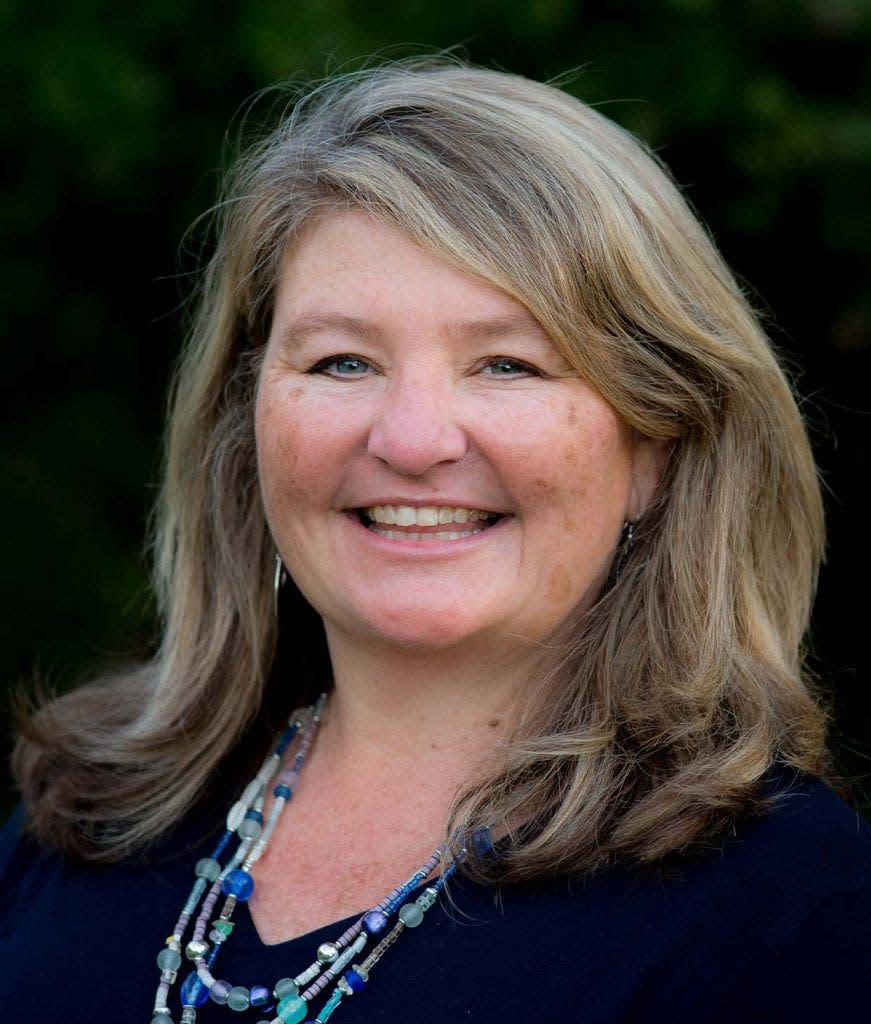Opinion: NC school vouchers fund private schools with discriminatory admission policies
Decisions about education are some of the most important decisions that families — and therefore state leaders — make. Just as parents consider the many school choices available in North Carolina, lawmakers are making choices about where to put our taxpayer dollars to yield the best outcomes for our children. Families across North Carolina want public schools that prepare their children to be well-rounded and successful.
State leaders in the General Assembly have choices as to how to allocate taxpayer dollars. Recent decisions have led to the following results when it comes to public schools, which serve approximately 85% of students in North Carolina:
North Carolina ranks 48th in the country on per-student spending and 49th on funding effort – the amount we spend on education as a percent of our gross domestic product (GDP).
North Carolina ranks 38th in the country on average teacher pay, falling nearly $13,000 below the national average.
The General Assembly recently opted to enact universal, taxpayer-funded private school vouchers, making private school “opportunity scholarships” available to any family, regardless of their income or whether they had previously enrolled in public schools. These vouchers were previously accessible only to low-income families who had previously attended public schools. With this decision, state lawmakers are choosing to send hundreds of millions of dollars per year to private and religious schools that can practice discriminatory admissions policies, and do not have to share what they teach or how their students perform.
Using data from the State Education Assistance Authority and school websites, the Public School Forum of North Carolina conducted research on the 200 schools that received the most taxpayer funds from school vouchers through the Opportunity Scholarship Program during the 2023-2024 school year. We gathered information on religious affiliation and curriculum, teacher credential requirements and admissions policies.
The findings highlighted that there are stark differences between public and private schools when it comes to testing accountability, teacher certification requirements and data reporting requirements. Only 8.5% of the private schools receiving vouchers report standardized testing scores on their websites while traditional public schools are required to report student outcomes, and only 2% of private schools require their teachers to be certified by the state while traditional public school teachers must have a bachelor’s degree and to be licensed.
Private schools also decide who they allow into their schools — 89% of the private schools receiving the most funding through vouchers discriminate in some capacity within their admissions process, thereby excluding a significant proportion of North Carolina students in the state from having access. These broad discriminatory practices take various forms:
Religious: 90% of the top voucher-receiving schools are religious and 68% have religious requirements for admission.
Academic: 59% of private schools receiving the most voucher funds have academic requirements. While we do not have reliable academic outcome data for private schools in North Carolina due to a lack of testing and reporting requirements, national studies have shown that students receiving vouchers do not perform better, and oftentimes perform much worse in private schools than public schools.
LGBTQ: 41% of the top voucher-receiving schools have explicit exclusions for LGBTQ students. Many schools include a provision in their handbook that states “the school reserves the right, in its sole discretion, to refuse admission to an applicant” who “practices or promotes a homosexual lifestyle or alternative gender identity, or otherwise has the inability to support the moral principles of the school.”
Students with Disabilities: 38% of these schools have exclusions for students with disabilities. Some explicitly note that they do not “offer exceptional services as mandated in the public schools.”
As the North Carolina General Assembly considers dramatically expanding funding for private school vouchers yet again, it’s critical that taxpayers understand where their tax dollars are going and who will benefit. In the face of calls for increased school choice, we must consider: by providing taxpayer-funded vouchers to schools that practice discriminatory admissions policies and are held to some of the weakest accountability and reporting requirements of states with universal voucher programs in the country, are we really providing more quality school options to children and families in North Carolina? Or have we instead expanded schools’ choice?
More: Opinion: Adequate public school funding awaits NC Supreme Court Leandro decision
More: State to increase teacher pay? Asheville has NC's worst teacher turnover; cost of living


Elizabeth Paul is policy and research manager and Dr. Mary Ann Wolf is president and executive director of the Public School Forum of NC.
This article originally appeared on Asheville Citizen Times: Opinion: School choice? Or schools’ choice? Searching for best outcome
